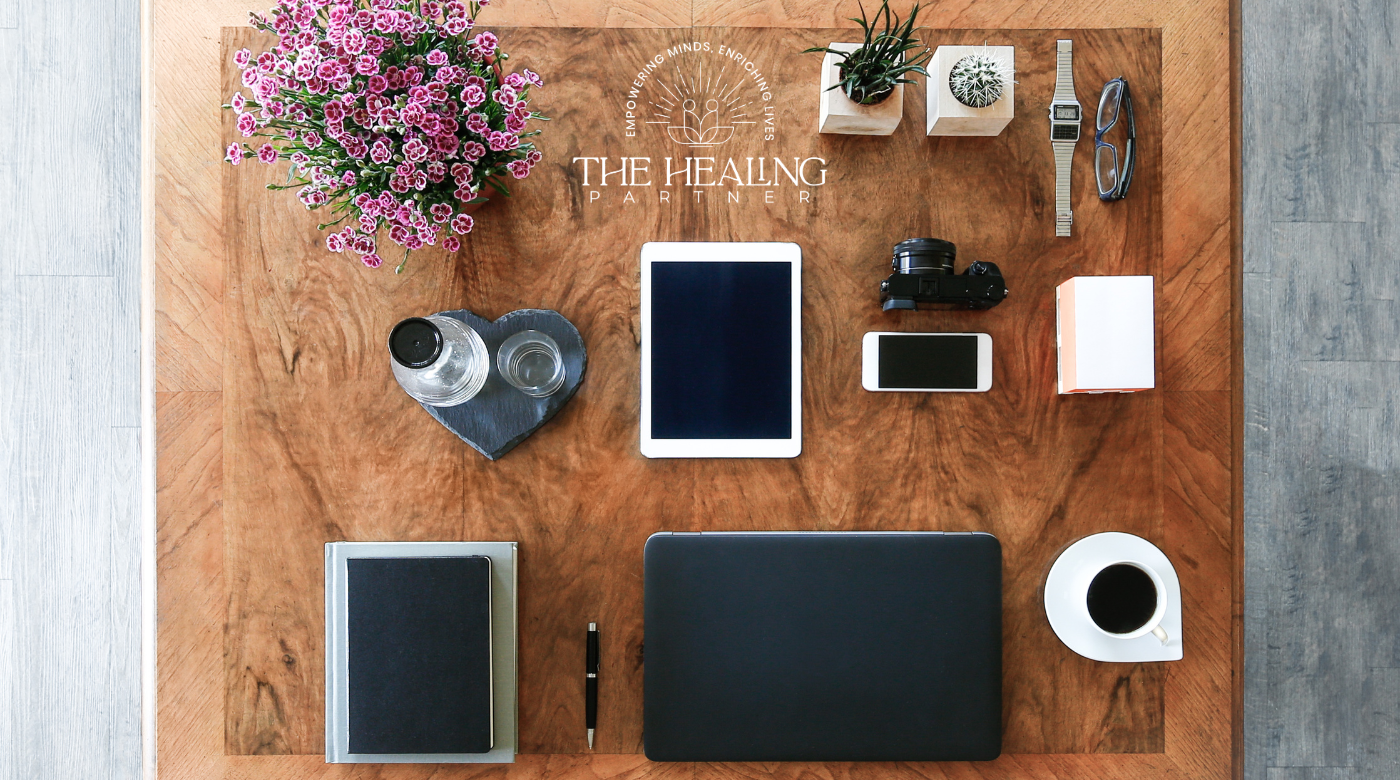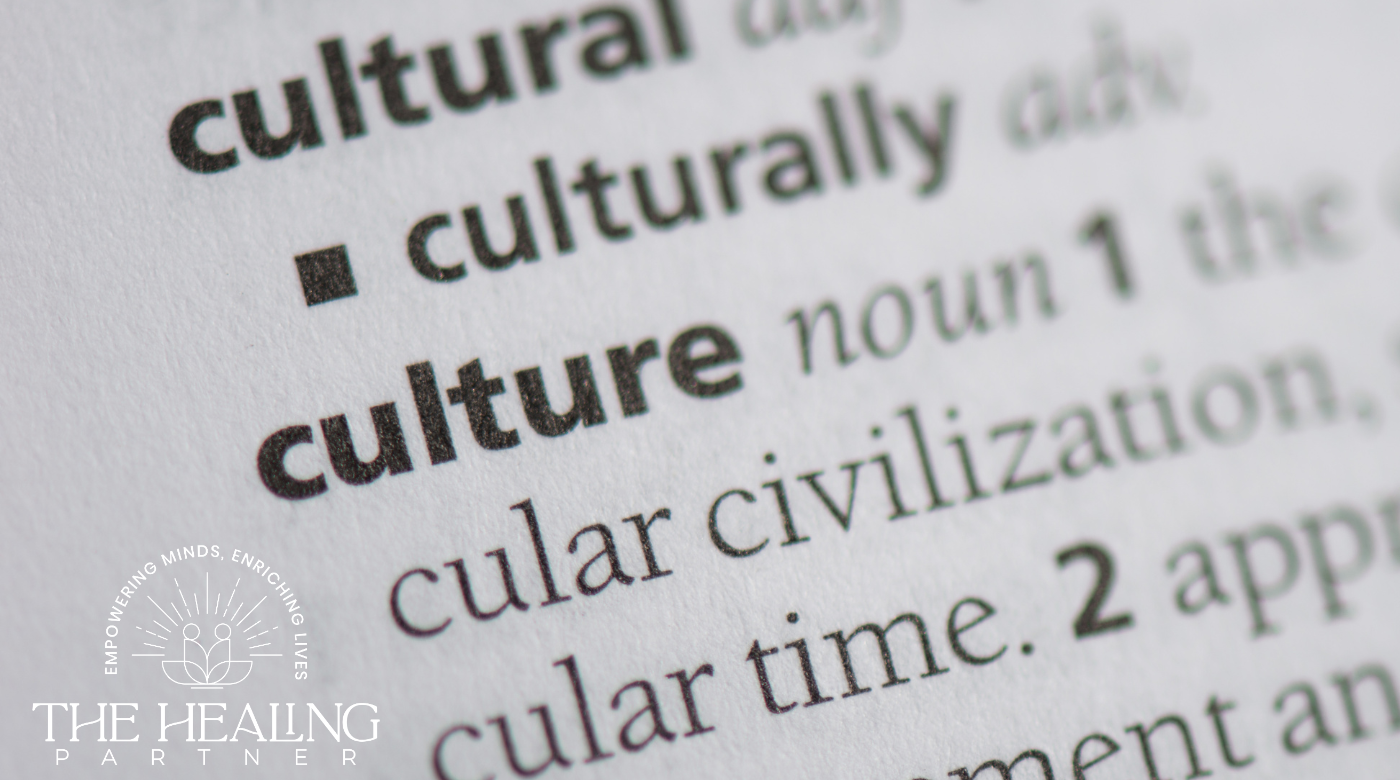Couples therapy for communication problems offers a supportive space for two partners to address issues that affect their connection. I believe that open and honest dialogue can help couples overcome obstacles and rebuild trust, leading to healthier relationships. This article explains how therapy can help improve communication, what to expect during sessions, and the practical strategies I use to step up interactions between partners.
Understanding Communication Challenges in Relationships
Every relationship faces moments when communication becomes a struggle. With everyday stressors and conflicting schedules, couples might feel disconnected from each other. In therapy sessions, I work to identify patterns and behaviors that contribute to these challenges. Often, couples find themselves repeating the same conflicts, unable to listen to one another or engage in productive dialogue.
Emotional distance, misunderstandings, and built-up frustrations can make simple conversations difficult. Even well-meaning partners can exchange hurtful words when emotions run high. These moments tend to create a cycle of blame and resentment. Breaking free from this cycle requires both commitment and professional guidance to smooth the way for more considerate communication.
Identifying the root causes is an important part of addressing communication issues. Many couples struggle because they do not feel heard or validated by their partner. Recognizing this pattern allows me to help them work toward a more compassionate interaction style. I encourage partners to reflect on their own habits and consider how their personal backgrounds may influence the way they interact.
During therapy, I encourage partners to explore their communication habits. This investigation can reveal long-standing behaviors such as interrupting, making assumptions, or avoiding conflict altogether. Understanding these actions lays out a solid foundation for change and opens up opportunities to build new, eye-catching ways of relating to each other.
Sometimes early communication challenges stem from differences in upbringing or personal expectations. I help couples connect these differences to their current interactions. By discussing these issues in detail, partners often learn more about each other’s emotional histories. This process builds empathy and allows each partner to pick up on the other’s perspective more clearly.
In addition, I spend time breaking down how stress, work demands, and external pressures can infiltrate home life. Many couples find that when they take the time to examine these external influences, they can reframe their internal interactions more positively. This additional insight often helps to cement a renewed commitment to change.
Ultimately, recognizing communication difficulties is the first step toward healing. When couples understand why they argue or withdraw, they are better able to channel efforts into building a stronger connection. Taking time to reflect and add new methods of dialogue can really boost long-term connection.
This exploration serves as a starting point for developing better techniques to manage disagreements and connect on a deeper level. To put it simply, therapy can transform habitual conflict into opportunities for growth and renewed understanding.
Starting Couples Therapy for Communication Issues
The decision to begin couples therapy is an important one and often comes after realizing that repeated conflicts are undermining the relationship. I guide couples through the initial steps by setting clear expectations. Our sessions start with an open dialogue about each partner’s feelings and goals.
Establishing a safe and respectful environment is one of the first priorities in therapy. I encourage both partners to share their experiences without fear of judgment. This openness creates a space where communication barriers can be slowly dismantled. By building trust from the start, couples are more willing to engage in tough conversations.
At the onset, I work with the couple to define what they hope to achieve. Common goals include learning active listening, increasing understanding, and reducing negative patterns during disagreements. When both partners have clear objectives, it becomes easier to measure progress over time and see even the small changes that add up.
I also provide an overview of the therapy process. Typically, we will meet regularly, either weekly or bi-weekly, to focus on different aspects of communication. Early sessions might involve exercises designed to help each partner articulate their feelings clearly and honestly, giving a boost to their interpersonal skills.
It is common for couples to feel uncertain about what therapy sessions will entail. I reassure them that my approach is practical and geared toward actionable change. The focus is on uncovering small, manageable steps that lead to bigger improvements in dialogue and understanding.
The beginning of therapy often includes an assessment where I observe how couples interact. This initial phase helps me get a sense of their dynamic and tailor exercises to their unique needs. Many couples appreciate this personalized approach, which makes the journey towards improvement feel more guided and structured.
Starting couples therapy marks the beginning of an adventure toward improved communication. With commitment and mutual effort, couples can develop new skills that bring them closer together over time.
Common Techniques in Couples Therapy
There are several practical techniques that I use during couples therapy to help partners communicate more effectively. One of the most useful is active listening. Active listening involves repeating back what the other person said to ensure understanding. This simple skill can reduce misunderstandings and help both people feel validated.
Another technique I often recommend is the use of “I” statements. Instead of blaming the other person, each partner learns to express their feelings by saying things like, “I feel hurt when…” This approach shifts the focus from blame to personal emotion and helps lower defensiveness during difficult conversations.
Structured time-outs can also be valuable. When discussions become too heated, agreeing to a brief pause enables both individuals to regroup their thoughts. Setting a timer or establishing a signal can help couples remember to take a step back rather than escalate the conflict further.
Writing exercises are another effective method. I ask couples to jot down their thoughts and feelings before sharing them aloud. This method encourages self-reflection and often brings forth clearer ideas about what each person truly needs or expects. It also helps in building a written record of progress that couples can refer back to later.
In many cases, couples therapy involves role-playing different scenarios. I sometimes ask partners to switch roles and express the other’s point of view. This exercise builds empathy and promotes a deeper understanding of each partner’s emotional experience. By physically stepping into another’s shoes, couples often see hidden dimensions of their routine disagreements.
Finally, I introduce techniques for conflict resolution that stress fairness. Methods such as taking turns talking without interruption or using a mediation style conversation have shown positive results. I always emphasize the importance of patience during this phase of adopting new methods.
These techniques, when combined, can pave the way for a healthier dialogue. Each strategy has proven useful for many couples, and I customize these methods according to the challenges unique to each pair. Over time, couples often find that these strategies not only reduce conflict but also inject a new sense of respect and care into their interactions.
Challenges and Considerations in Therapy
Couples therapy is not always a linear process. There can be setbacks along the way that test the commitment of both partners. It is not unusual to face periods when progress seems slow. Recognizing these challenges early allows us to work together and find constructive solutions that keep everyone moving forward.
One common hurdle is initial resistance to change. Sometimes partners might be hesitant to adopt new communication habits that feel unfamiliar. I stress that change takes time and reassure couples that gradual steps lead to meaningful progress. Patience and persistence play a very important role in this process.
Another challenge is dealing with deep-seated habits that may have developed over many years. I help couples identify triggers that lead to conflict, such as past experiences or external stressors. Understanding these triggers is helpful in creating strategies to avoid or ease up on them during tense moments.
In some instances, one partner may feel more vulnerable than the other when opening up during therapy. I ensure that the process is gradual and paced to suit both individuals. Creating an equal and respectful space is critical for genuine progress and helps both partners feel safe in expressing themselves.
External factors can also play a role in the effectiveness of communication therapy. Issues like work stress, parenting responsibilities, or financial worries add layers of complexity to the process. In these cases, I encourage couples to address stressors separately so that therapy sessions remain focused and productive.
The key is to maintain honesty about what each person is experiencing while staying committed to the therapeutic process. Accepting that setbacks are part of the healing ride can help couples remain understanding and supportive of each other during challenging times.
These challenges are not insurmountable when both partners commit to working together. Over time, building a toolkit of strategies can lessen the impact of difficult moments and help partners focus on positive changes.
Advanced Strategies for Deepening Communication
For couples who have begun to see improvement, I offer advanced strategies to deepen their connection. One strategy involves exploring emotions on a more profound level. I encourage couples to move beyond surface-level discussions and share personal hopes, fears, and dreams. This deeper level of conversation is a crucial step in building lasting intimacy.
This exploration often includes engaging in reflective practices where partners spend quiet moments reviewing their interactions. For instance, setting aside time after a conversation to reflect on what went well and what could be improved creates a rhythm that reinforces accountability and growth. Such reflection can turn everyday exchanges into opportunities for further connection.
Another advanced approach is integrating mindfulness techniques into everyday communication. When couples are able to stay present and attuned to each other, they are less likely to react impulsively. Mindfulness exercises allow both partners to center themselves before a conversation, which has many long-term benefits in building a calm dialogue and reducing misunderstandings.
I also introduce the concept of shared journaling. This practice involves both partners writing down daily reflections and then coming together to share their thoughts. It offers a structured way to exchange ideas and feelings that might not emerge during spontaneous conversation. Over time, this habit helps to solidify mutual understanding and respect.
Building on these foundations, I sometimes suggest additional creative exercises such as expressing gratitude or setting joint goals for the future. By regularly focusing on the positive aspects of their relationship, couples can reinforce the progress they have made and build momentum for further improvement.
These deeper techniques require a greater level of trust and willingness to be vulnerable. I always remind couples that growth in therapy is an adventure that unfolds gradually, and that deeper connections stem from consistent, honest engagement. As trust grows, partners naturally find a more balanced and understanding way to interact on a daily basis.
Advanced strategies enable couples not only to resolve conflicts but also to celebrate successes. Increased empathy and greater emotional insight can transform everyday exchanges into meaningful moments of connection. Many couples eventually report that their improved dialogue has rippled out into every facet of their lives, reinforcing both their commitment and overall well-being.
Frequently Asked Questions
I often receive questions from couples who are considering therapy for communication issues. The following are some of the common questions along with my responses.
Question: What makes couples therapy effective for communication problems?
Answer: Couples therapy works because it provides a structured environment where problems are looked at step by step. A trained professional guides the conversation and suggests practical techniques that help both partners feel heard and understood.
Question: How long does it usually take to see improvement in communication?
Answer: The time needed varies from couple to couple. Some may notice changes within a few sessions, while others see improvements gradually as they practice new skills over several months. Consistency is the key to progress.
Question: Are there exercises I can do at home to improve communication?
Answer: Yes, many couples find exercises like active listening, shared journaling, and mindfulness practices very useful. These exercises can be worked into daily routines to keep the dialogue growing stronger every day.
Question: What if partners feel uncomfortable sharing their true feelings?
Answer: It is not unusual for one or both partners to feel vulnerable. In therapy, I create a safe setting where both individuals are encouraged to share slowly and confidently. Over time, this builds a greater sense of security and openness.
Question: Can couples therapy help with issues beyond communication, such as trust and intimacy?
Answer: Communication is often at the heart of trust and intimacy. Improving the ways in which partners interact can lead to strengthening those additional areas of the relationship as well.
Conclusion
Couples therapy for communication problems offers a path to improved understanding and a deeper connection between partners. With help, many couples transform their conflicts into opportunities for growth by applying basic listening techniques and progressing to more reflective methods. Each session builds on the previous one, gradually creating an environment where even difficult conversations become more manageable and productive.
The process involves learning to recognize triggers, practicing new dialogue structures, and adopting advanced strategies as comfort grows. This method not only resolves immediate issues but also unlocks the potential for lasting improvements in mutual understanding and emotional intimacy. The steady progress acts as a reminder that even small changes can eventually lead to major improvements in the relationship.
As a mental health counselor, I use practical, evidence-based strategies to help couples step up their communication. I work closely with each couple to tailor therapy sessions to their individual needs, ensuring that both partners feel valued and understood. My goal is to create a space where both people can express themselves freely and work together toward a healthier relationship.
If you find that communication challenges are taking a toll on your relationship and you think professional support can help, you are welcome to reach out. I offer a free 15 minute virtual consultation to discuss your specific circumstances and figure out how my guidance may be of benefit.
Taking this step today can start you on a ride toward improved communication and a stronger bond with your partner. Every conversation, every step forward, builds towards a future where both partners feel heard and respected. Thank you for considering couples therapy as a way to transform your relationship, and I look forward to helping you navigate these challenges and build a brighter future together.







